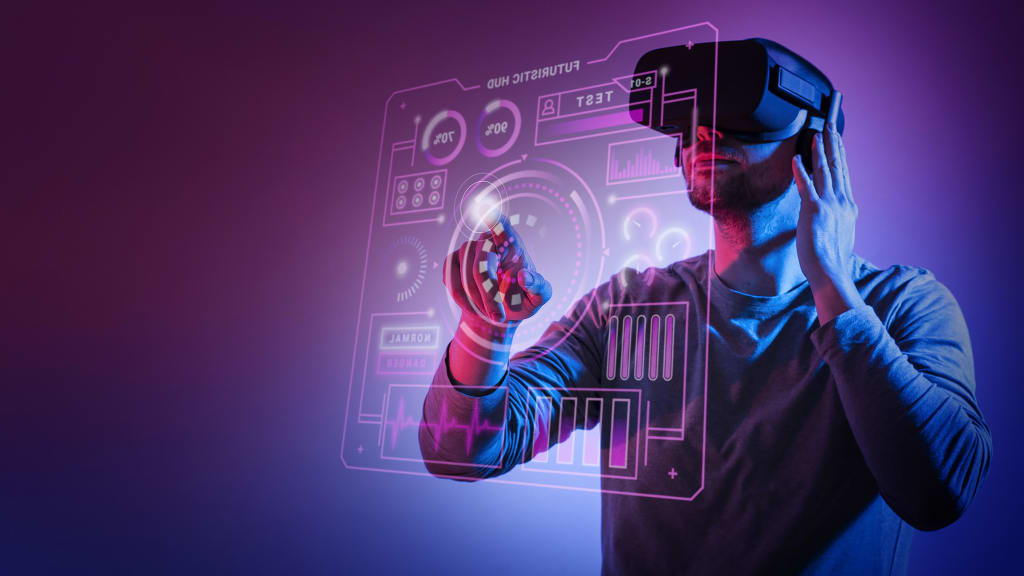In an era defined by rapid technological advancement and societal change, gaming stands as a unique lens through which we can peer into the future. Far more than mere entertainment, gaming has evolved into a cultural phenomenon that reflects and shapes our collective imagination, values, and aspirations. This article explores the transformative potential of gaming as a window into the future, examining how trends, innovations, and narratives within the gaming industry offer insights into the possibilities and challenges that lie ahead.
Virtual Realms and Digital Societies of Gaming
One of the most compelling aspects of gaming is its ability to transport players to alternate realities and virtual worlds, offering glimpses into potential futures shaped by technology, imagination, and human ingenuity. From sprawling open-world adventures to futuristic dystopias, gaming narratives often explore themes such as artificial intelligence, virtual reality, and the ethical implications of technological progress. These virtual realms serve as laboratories for experimentation and speculation, allowing players to grapple with complex moral dilemmas and envision possible futures shaped by emerging technologies.
Emerging Trends and Technological Innovations of Gaming
Gaming also serves as a barometer for emerging trends and technological innovations that may shape our future societies and lifestyles. From the rise of virtual reality (VR) and augmented reality (AR) to the growing popularity of cloud gaming and esports, gaming platforms and experiences are constantly evolving in response to advancements in hardware, software, and connectivity. These innovations not only transform the way we play and interact with games but also have broader implications for how we work, learn, socialize, and communicate in an increasingly digitized world.
Cultural Shifts and Social Dynamics
Beyond technology, gaming reflects and influences cultural shifts and social dynamics, offering insights into changing attitudes, values, and identities. From the representation of diverse voices and experiences to the exploration of social issues and political themes, games narratives often mirror the complexities of our real-world societies. As gaming continues to diversify and expand its audience, it has the power to foster empathy, promote social change, and shape collective consciousness, serving as a catalyst for dialogue and reflection on pressing global challenges.
Educational Potential and Creative Expression
Moreover, games holds immense educational potential as a tool for learning, skill development, and creative expression. Gamification techniques are increasingly being employed in education, training, and healthcare to engage learners, foster collaboration, and drive behavioral change. Meanwhile, user-generated content platforms and game development tools empower individuals to create and share their own games, narratives, and virtual experiences, democratizing creativity and innovation in the digital age.

Conclusion
In conclusion, gaming serves as a powerful lens into the future, offering insights, inspiration, and warnings about the world that awaits us. Through its virtual realms, technological innovations, cultural representations, and educational potential, games illuminates the possibilities and challenges of tomorrow. As we navigate an uncertain future shaped by rapid change and disruption, games remains a beacon of creativity, exploration, and imagination, inviting us to envision and shape the future we want to inhabit.




















+ There are no comments
Add yours